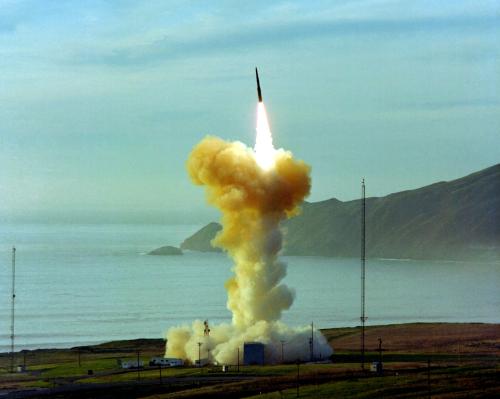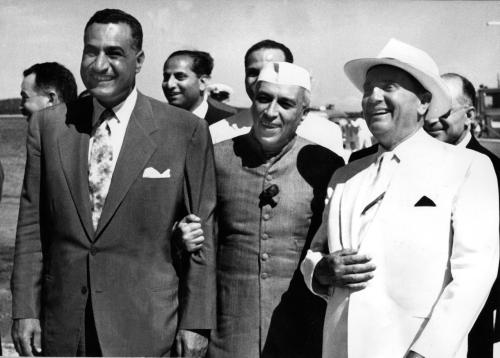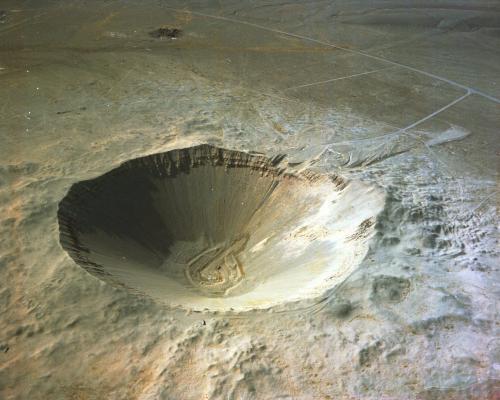Mr. Chairman, distinguished members of the Senate Foreign Relations Committee, thank you for the opportunity to address you on what is probably the most vexing and complicated diplomatic challenge that the United States currently confronts. The stakes could hardly be higher. If the United States fails to achieve a diplomatic outcome that provides the international community with sufficient confidence that Iran is no longer pursuing a nuclear weapons capability, the results are likely to be dire. In the already volatile Middle East, the logical consequences of diplomatic failure are either an extended military conflict or a nuclear arms race, or both.
Secretary of State Rice’s offer to engage in direct negotiations with the government of Iran, if it suspends uranium enrichment, and recent hints from chief negotiator Ali Larijani that Iran might be prepared to do so, create a faint ray of hope for diplomacy. But I fear that it is an illusion.
The reasons for pessimism are clear enough by now.
The Brookings Institution is committed to quality, independence, and impact.
We are supported by a diverse array of funders. In line with our values and policies, each Brookings publication represents the sole views of its author(s).



Commentary
TestimonyResponding to Iran’s Nuclear Ambitions: Next Steps
September 19, 2006